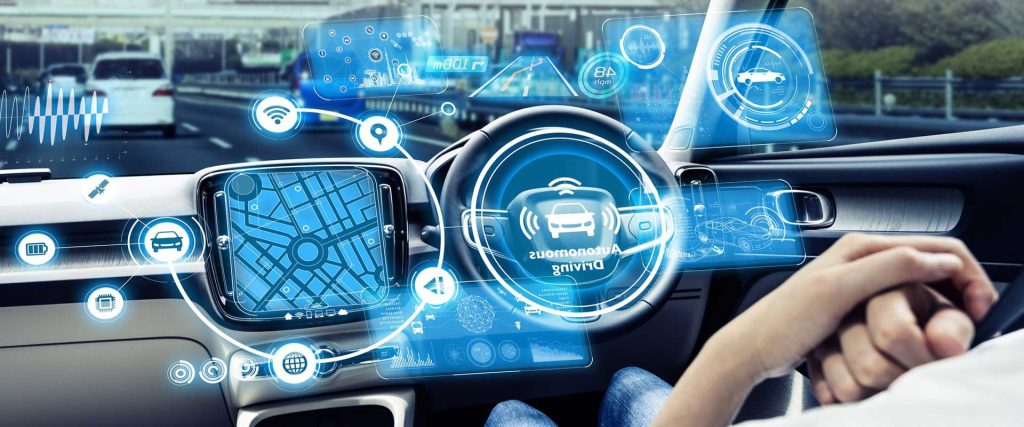Autonomous vehicles, also known as self-driving cars, have been a topic of great interest and debate in recent years. With advancements in technology and the race towards a fully autonomous transportation system, the impact of these vehicles on society has become a pressing concern. In Australia, the implementation of autonomous vehicles has the potential to revolutionize the way we think about transportation, with implications for safety, convenience, and the economy. As we move towards a future where these vehicles become a common sight on our roads, it is crucial to examine the potential impact on our society. From changes in infrastructure and regulations to the effects on employment and the environment, the introduction of autonomous vehicles will undoubtedly bring about significant transformations. This article aims to explore the implications of autonomous vehicles on society in Australia, providing an in-depth analysis of the potential benefits and challenges that lie ahead. By delving into the various aspects of this technological advancement, we can gain a better understanding of its impact and how it may shape our society in the years to come.
Efficiency: Reducing traffic congestion, improving flow.
Safety: Minimising human error, preventing accidents.

Accessibility: Enhancing transportation options for all.
Sustainability: Promoting eco-friendly transportation alternatives.
Economic growth: Creating new job opportunities.
Autonomous vehicles in Australia can have both positive and negative impacts on our society. Self-driving cars have the potential to improve efficiency and decrease accidents. However, there are significant ethical and legal concerns that need to be properly dealt with. We should think about the possible effects and advantages of this technology before we integrate it into our society. Thoughtful and thorough planning is necessary to maximise the potential of autonomous vehicles and improve the future for everyone.
